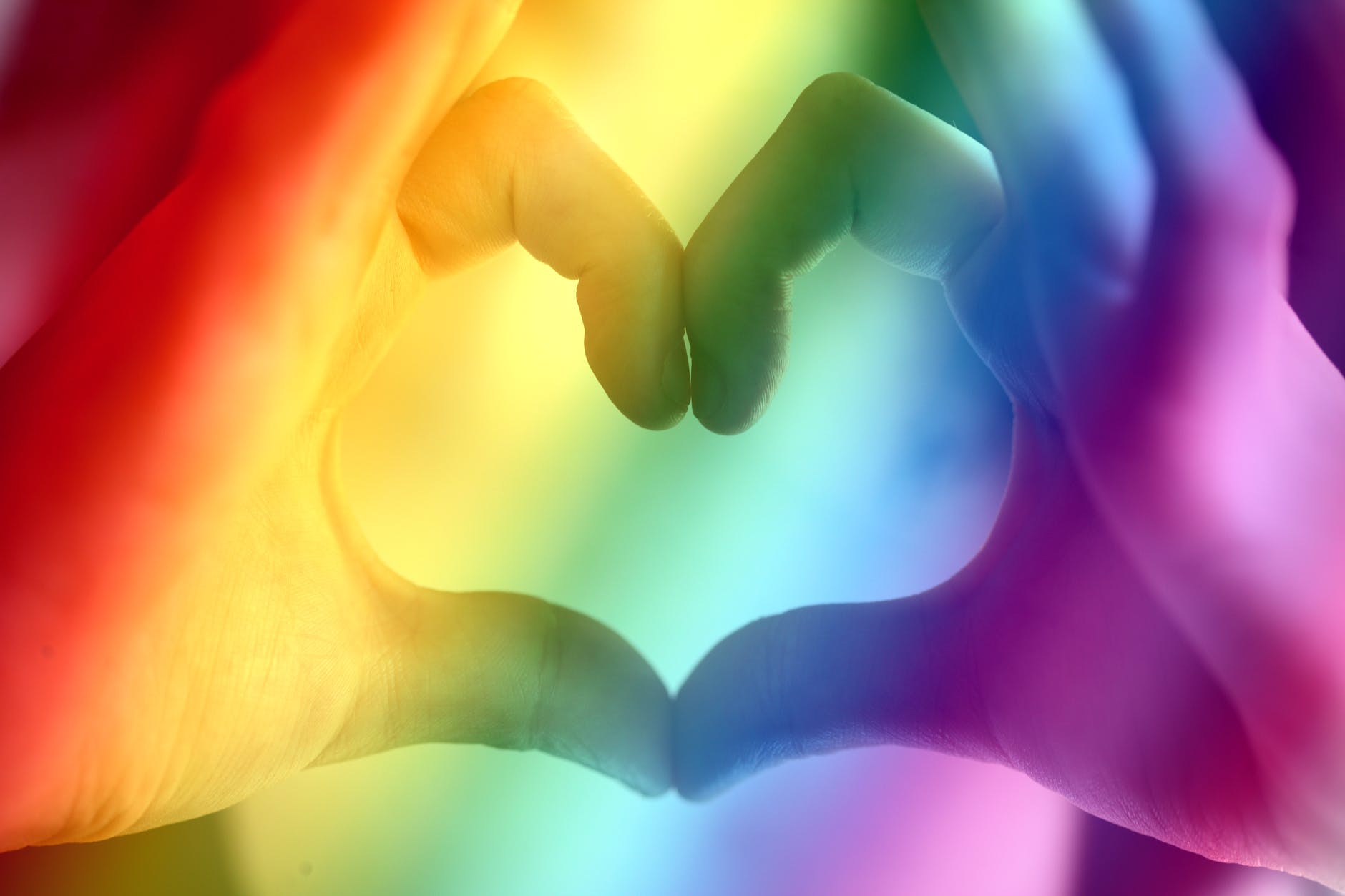In the heart of February 2024, a unique convergence of traditions unfolds, weaving together threads of love, renewal, and cultural heritage. Today as we celebrate St. Valentine’s Day, Ash Wednesday, and the 5th day of the Lunar New Year of the Dragon, this beautiful tapestry of traditions offers an invaluable opportunity for early childhood practitioners to foster a spirit of inclusivity and an appreciation for diversity within their classrooms.

In the embrace of diversity, we find beauty in the kaleidoscope of celebrations that enrich our lives. St. Valentine’s Day, a day of love and affection, transcends borders, inviting us to cherish the connections that bind us together. It’s a reminder to extend kindness and compassion to all, regardless of backgrounds or beliefs. Let our early childhood classrooms be learning environments where every child feels valued and loved, where gestures of friendship and empathy blossom like the first buds of spring that the lunar new year celebrates. Encourage children to create cards and messages of appreciation for friends, family, and even their favorite classroom objects. Discuss different forms of love and affection, fostering empathy and inclusivity.

Ash Wednesday marks for Christians the beginning of Lent, a period of reflection and renewal. As ashes are placed upon foreheads, symbolizing mortality and repentance, it serves as a poignant reminder of our shared humanity. Engage the young children to create art with ashes, using them to represent letting go of negative thoughts or habits and embracing positive change. Let us also teach our young ones the importance of introspection and forgiveness, nurturing their understanding of diverse spiritual practices and encouraging respect for each other’s beliefs.

Meanwhile, the Lunar New Year of the Dragon heralds new beginnings, coinciding with the arrival of spring in many parts of the world. The Dragon in the Lunar New Year embodies strength, the power of resilience, and the potential for transformation. Just as the dragon soars through the skies, let us empower our children to dream big, embrace their uniqueness, and celebrate the rich tapestry of cultures that make up our global community. Use storytelling and creative activities to explore these themes with children. Let them draw dragons, act out dragon-inspired stories, or even create dragon puppets, encouraging them to embrace their own inner strength and potential for growth. Have them plant seeds, observe budding flowers, and celebrate the hope and joy of new life.

In celebrating these diverse traditions, we pave the way for a more inclusive future. Inclusivity is not just about tolerating differences; it’s about actively celebrating them. By using this unique convergence of celebrations as a springboard, early childhood practitioners can create a learning environment that embraces diversity, fosters a sense of belonging, and empowers each child to blossom into their unique and wonderful selves. May each child be seen, heard, and valued. Let us embrace our role as catalysts for change, nurturing empathy and understanding. May we find joy in the richness of our differences and strength in our shared humanity.
Happy celebrating!


